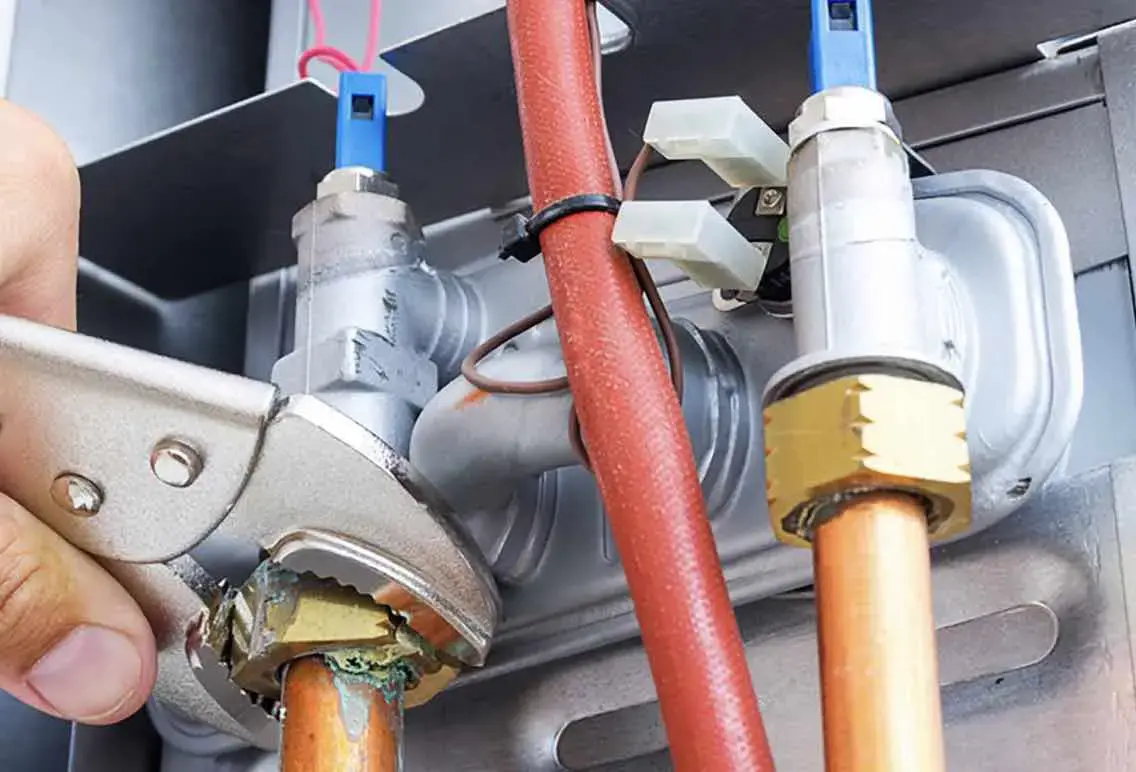-
Australia must rapidly transition away from gas to renewable energy for environmental and economic reasons.
-
Gas is not a transitional fuel, and its climate impacts may be underestimated due to methane leakage across the supply chain. Phasing out gas is critical to meet climate targets.
-
Electrification powered by renewables can meet energy needs more cheaply and cleanly. Heat pumps, induction cooktops and electric vehicles are mature technologies ready to replace gas.
-
Gas demand is declining globally while renewables are booming. Investing further in gas risks billions in stranded assets. Renewables create more jobs than fossil fuels.
-
Government policy should support electrification, ensure no new gas infrastructure is built, and assist workers transition from gas industries. Phasing out gas by 2030 is feasible with political will. Our future depends on acting swiftly.



The environmental gains are nice and all - but you’ll get further if you just point out the economic advantages.
So - several thousand dollars per year in savings. More than enough to justify the upgrade price.
(* also, a good induction stoves will run hotter than any gas stove, and you can set a lower minimum temperature as well. Best of all though at every temperature in between you’ll have more control and faster temperature changes than a gas stove).